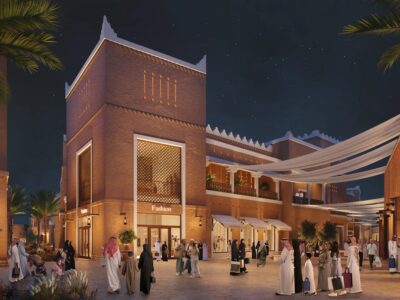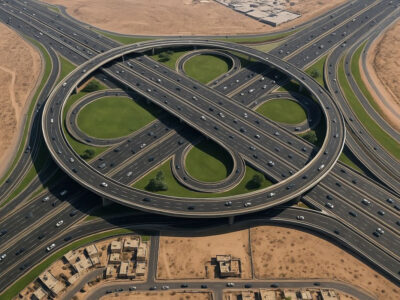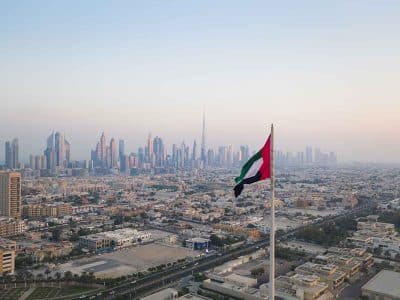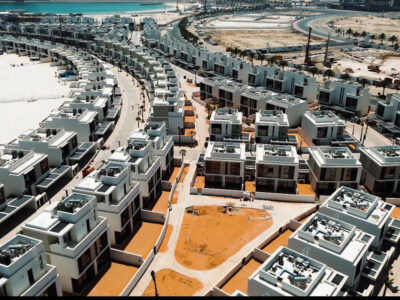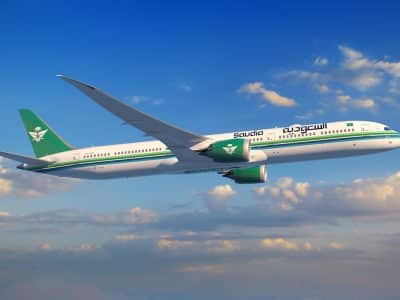Salwan Al Assafi, the general manager of Pultron Composites, discusses the development of corrosion resistant rebar and its potential uses in the construction industry.
What does Pultron Composites do?
We manufacture high-performance concrete reinforcement rebar. It is called Mateen-Bar, which means durable in Arabic. It is made from fibreglass, which means it is corrosion resistant. It is basically designed for harsh environments, which is what we have here in the Gulf. The product contains no metal, so in terms of durability, it will last a lot longer than metal equivalents in corrosive environments.
How was the product developed?
Pultron Composites is a pultrusion company. We developed an automated process for the production of fibreglass reinforcement. Fibreglass is pulled through a resin bath and then a dye. We’ve done a lot of research and development on developing new resins, high performance resins, and high durability resins. We’ve worked with other companies and universities to develop the product’s tensile strength, modulus (a measure of elasticity) and durability.
The focus is really on the tensile strength, which is higher than 1000 mega pascals, and the modulus. These are the two critical measures. What is it used for?
It is only used in special applications, such as marine structures, where you have issues of corrosion. The product has been used in things such as bridges, highway barriers, tunnels and aluminium smelters.
How strong is Mateen-Bar compared to steel rebar?
The strength of the rebar is about twice that of steel (1000 mega pascals, based on a 20mm diameter).
Where is it being used?
We’re currently supplying Emal, the aluminium producer, but that is for different reasons, not corrosion. Because our rebar is not metal it is not magnetic and does not conduct electricity. In locations such as smelters they use very strong currents, so an insulating rebar is required, other wise you may have arcing issues. Another application is in hospitals, where MRI rooms need non-magnetic materials. How long have you been operating in Dubai?
We’ve been supplying to this region for the past six or seven years. We’re currently building our first facility, which will open in December. Initially we will be producing between 150,000m-200,000m of rebar per month. This output will be doubled within six months of the start of production.
What brought a New Zealand company to Dubai?
One of the main reasons we are here is the corrosion issue; there is plenty of demand for corrosion-resistant rebar. Also, Dubai offers a business-friendly location.
Is your product competitive?
Our product has one of the highest performance-to-price ratios in the market. If you compare it to other producers of this product, there is one with performance close to ours, but price-wise it is twice as much. Other competitors’ prices are still higher than ours, but in terms of performance, they are 30% lower.
What makes it better than the alternatives?
The main issue, as a corrosion resistant rebar, is durability. You would want to use it in places where you might otherwise have to use stainless steel. You can have issues if you just use standard rebar, and you would have to concrete over it to provide protection, so the total cost is lower. The fibreglass rebar is more expensive, but you use less concrete. In the case of stainless steel rebar, the cost of fibreglass is much lower.
One of the things we’re pitching is the reduction in handling costs. For instance, there are quite a few companies building retaining walls using heavy concrete cover. If you use our rebar, everything is smaller, thinner and lighter.
